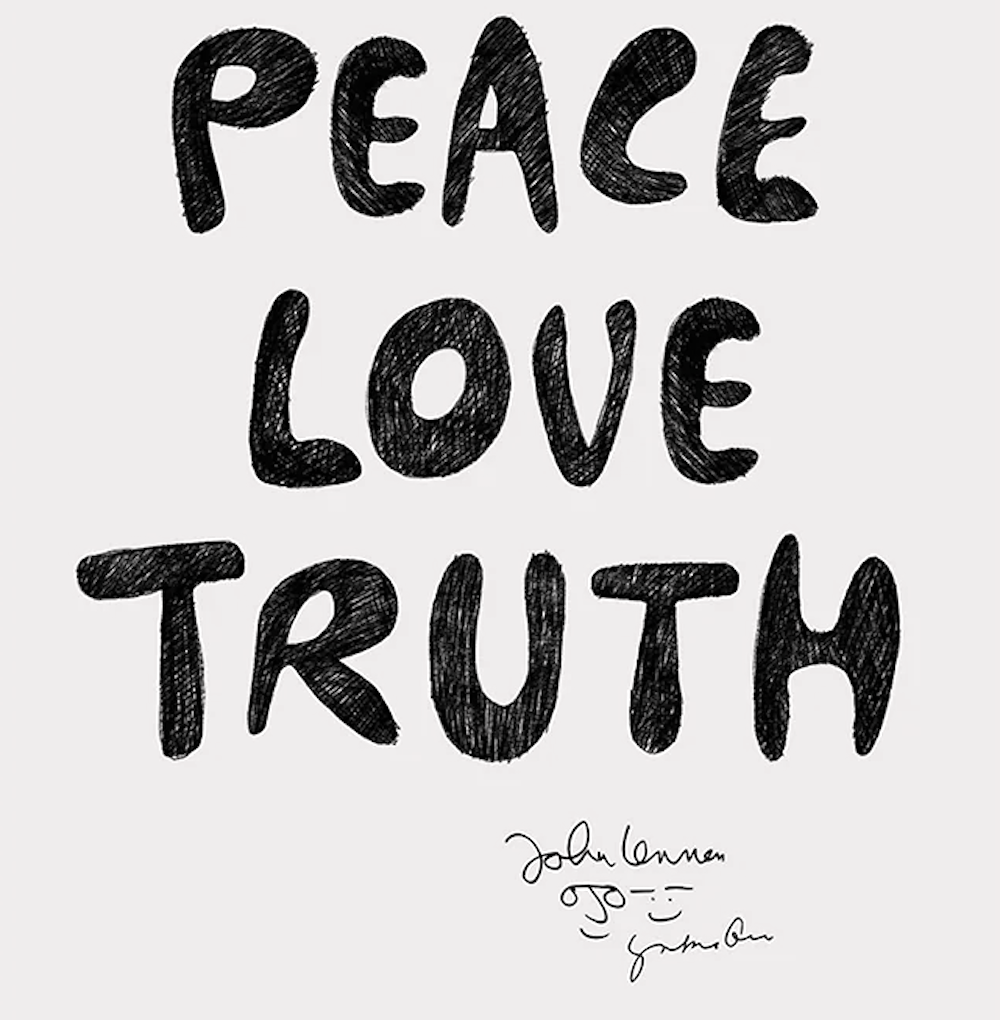ORIGINS of THE EMPATH
/Well, there are two platforms or theories to consider as to the birth of THE EMPATH.
The first empath theory is that it’s a trauma response by which an abused child develops hyper vigilance.
The second platform or theory has a much more fascinating back story with an element of woo woo or paranormal.
Which ever theory you subscribe to is perhaps irrelevant because the outcome is the same. There are common traits that empaths possess, which I’ll share in a bit. But let’s begin at the beginning of the empath story.
The term empath was originally coined by Scottish author J.T. McIntosh's 1956. J.T McIntosh wrote a sci-fi story called THE EMPATH, in which these humans possessed the super paranormal ability to sense and feel other people… almost to the point of mind reading and therefore understanding what they might do next or what their intentions were. It was considered emotional telepathy. The plot thickens when the government uses these empaths to oppress workers and therefore society through a form of mind control.
And it’s perhaps this origin of the term that incites the dislike of empaths as these pretentious paranormal super beings.
The opposing theory to hyper-vigilance which makes logical and psychological sense, is the woo woo, paranormal ability theory.
I think the truth is combination of both, with more emphasis on nature over nurture. In other words, they are born, not made. Nurture will only dim or magnify the empath.
The empath is basically an HSP or highly sensitive person with elevated levels of empathy, also known as emotional intelligence… which is not paranormal.
Another way to break down the empath in alignment with modern standard psychological practices and beliefs is to compare it with the Myers Briggs scale of personality measurement. The Myers–Briggs Type Indicator (MBTI), is a pseudoscientific, self-report questionnaire that indicates differing "psychological types", you can easily google it and take the test on line. It’s a highly recognized and much used platform for hiring etc. The empath is often-times categorized as what’s called an INFJ.
INFJ stands for:
Introverted
Intuitive
Feeling
Judging traits (oh oh, judging traits)
INFJ’s and empaths tend to approach life with deep thoughtfulness and imagination. Their inner vision, personal values, and a quiet, principled version of humanism guide them in all things.
Sounds about right to me. What are your thoughts on the origins and the meaning of THE EMPATH?





